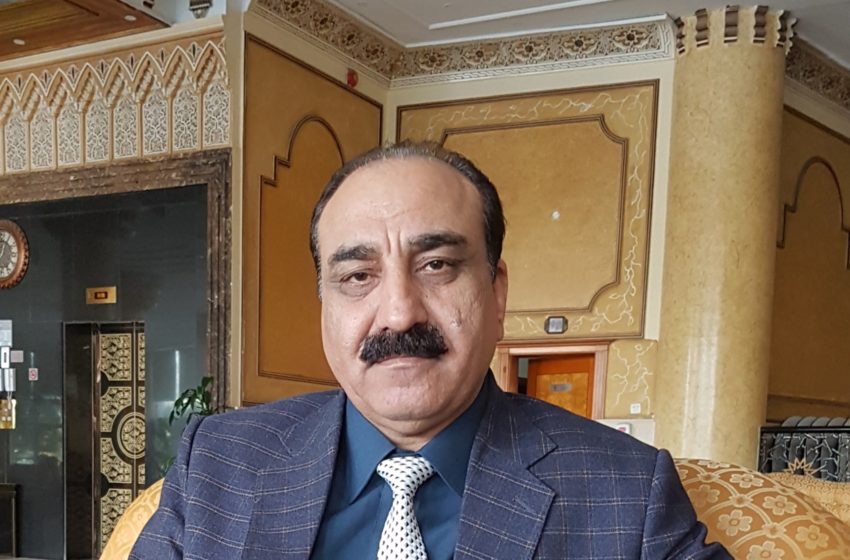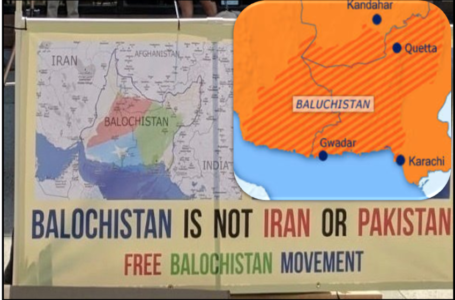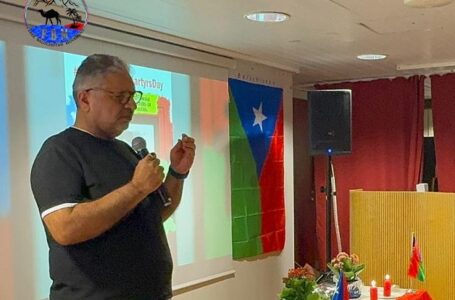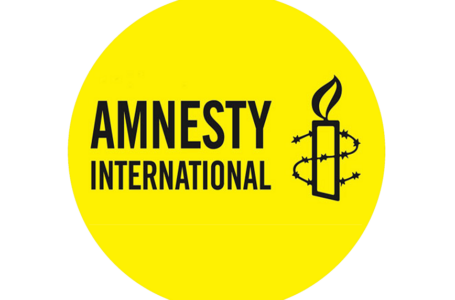What Could Be the Possible Outcome of India Pakistan War?

Written by Hafeez Hassanabadi
Although the chances of a major war between India and Pakistan are minimal, both countries engage in verbal exchanges akin to women fighting in the street—shouting insults at each other but never escalating matters beyond words. They continue to shout until someone intervenes and sends them back to their homes. After a day or two, their relations are restored and they resume exchanging curries, sweets and other items at each other’s homes.
The current tension has arisen at a time when Pakistan is at its worst historical point. Within the country, the Baloch are directly fighting for their freedom and Pakistan seems to have no other viable and acceptable solution to end their struggle except through cruelty and brutality. In fact, Pakistan’s failure in Balochistan is so severe that it has been unable to present even a moderately acceptable narrative in response to the Baloch push for independence. As a result, the majority of Balochistan, except for a few opportunistic and inactive individuals, considers itself detached from Pakistan.
The situation is similar with the Pashtuns. Although the state crackdown has somewhat suppressed the Pashtun Tahafuz Movement (PTM), internal Pashtun anger is reaching its breaking point. The same Pashtuns who were once ready to die for Pakistan are now heard saying, “We fought and died for Pakistan; this time, the Punjabis should be at the forefront.”
Sindh, in its misery and poverty, is no better off than the Baloch and Pashtuns. However, they have yet to overcome the misconception that “Bhutto is still alive”. Despite this, it is hard to say if they will fight for Pakistan in case of war. The people of Gilgit-Baltistan are also angry with Pakistan, much like the Baloch and Pashtuns.
Meanwhile, Pakistan’s economy is on life support, reliant on the IMF, Saudi Arabia, and China. In such a situation, Pakistan is not in a position to fight a large, protracted war. Even its allies—China, Iran and even the United States—cannot meet Pakistan’s long-term war needs. A clear example of this can be seen with Ukraine, which was initially promised significant support by all of America’s allies, including NATO. However, now, seeing Ukraine’s growing needs and weak position, all parties are directing their frustration at each other for getting involved in this futile war.
A country suffering from the worst internal economic, political, and social crises cannot afford to wage war on both internal and external fronts simultaneously. The talk of superiority by Pakistani military and civilian rulers is nothing but self-deception, as their statements have no connection to the realities on the ground.
What Will Happen as a Result of the War?
As mentioned earlier, the likelihood of war between India and Pakistan is minimal. However, if a full-scale war were to occur, Pakistan would knock on the doors of all countries within ten days to a month, urging them to stop India. This is similar to how Pakistan has already sought the help of the US, the UK, the United Nations, Russia, and Iran, asking them to use their influence to prevent India from going to war.
During this period, we have not heard of India—considered militarily weaker than Pakistan—approaching any country with a request to stop Pakistan from initiating a war.
If Pakistan’s pleas to avoid war are not heeded, then, in the event of war, roughly a month later, the outcome will be whatever India desires.
What Will the Baloch Do During the Pakistan-India War?
As mentioned above, Pakistan has alienated the Baloch. In the event of a full-scale war, Baloch freedom fighters will seize the opportunity and declare their independence by capturing all major cities, including Quetta. If India is serious about its stated disdain for Pakistan’s existence and is genuinely focused on its own development without any distractions, and if it is saddened by the oppression of the Baloch nation and wishes to see a progressive-minded nation like the Baloch as a neighbour, it will recognise the Baloch as an independent nation.
India will offer all kinds of assistance, from which the Baloch will benefit and temporarily accept cooperation in various fields. Seeing the Baloch example, perhaps the Pashtuns will also consider separating themselves—an open expression many Pashtuns have avoided until now.
However, one thing is certain: after Balochistan’s independence, Pakistan will no longer have the same influence, particularly in spreading terrorism. It will neither be able to cause trouble in India nor will it have the courage to try and establish a puppet government in Afghanistan. As for the repeated threats of Pakistan using nuclear weapons in this war, there is no basis for them. Pakistan knows that if India retaliates with nuclear strikes, Lahore and key cities in Punjab will be the first targets. Therefore, Pakistan will never make this mistake under any circumstances.
Disclaimer: The views and opinions expressed in this article are solely those of the author and do not necessarily reflect the official policy or position of Baloch Warna News. The publication provides a platform for diverse perspectives.









